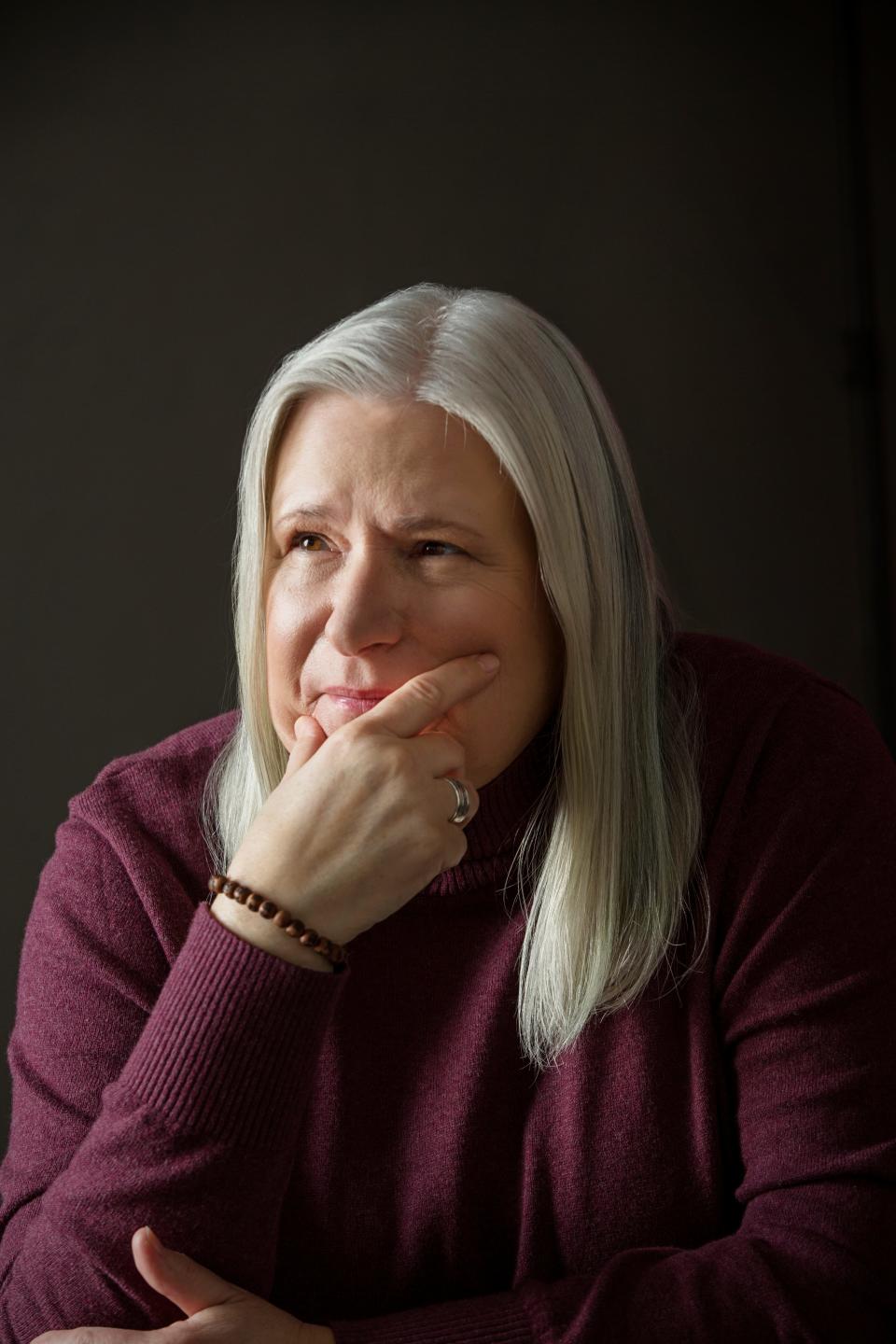Nex Benedict didn't deserve to die. Can we reverse course and save the next child's life?

Nex Benedict, a nonbinary 2 Spirit student of Chahta (Choctaw) heritage, was 16 years old when they died in Owasso. Nex was bullied at school and involved in a fight in a bathroom at Owasso High School. The specific incident occurred on Feb. 7; Nex died the next day.
A text message the family shared is heartbreaking. According to CNN, “I got jumped at school. 3 on 1, had to go to the ER,” the message said. The text exchange said the girls involved in the fight “had been bullying me and my friends and I got tired of it so I poured some water on them and all 3 came after me.” In a recently released video, Nex states they didn’t even know the girls. The crisis call center of the Rainbow Youth Project, a nonprofit organization that advocates for LGBTQ+ youths, saw a 500% increase in calls in the week following Nex’s death.

It is difficult not to see Nex’s death in the context of larger political issues and the effect they have on youths.
Ryan Walters, the Oklahoma state schools superintendent, has used anti-gay and anti-trans rhetoric and promoted associated policies. Many in the Oklahoma Legislature have supported new anti-gay and anti-trans laws. As an out lesbian, I am appalled but not surprised that the political animus against LGBTQ+ people would have this effect on Oklahoma youths.
Children watch their elders and learn from adults. In many ways, our children mirror ourselves. Bullying in schools is not new. Any child who is different in the eyes of their peers is liable to be bullied. Nex was courageous in being very open about their identity. But well-meaning educators are hamstrung by policies that deny all students basic human dignity, and mean-spirited peers easily embrace the climate of hatred that many of their elders publicly endorse.
Editorial: Sen. Tom Woods' 'filth' comments expose Oklahoma's real moral crisis - LGBTQ+ kids are dying
We should celebrate Nex’s life and mourn their death. But we should also take a good hard look at ourselves and what we are becoming. We spew hatred when we should show love. We act with cruelty when compassion is required. We are becoming a society in which ugly anger is becoming the norm, and compassion, love and kindness are viewed as weaknesses. The result is that we create dangerous situations for the most vulnerable among us when we should be creating safe spaces. Myopic, ideological leadership is a large part of our problem.
In 2018, Christopher Browning, a renowned scholar of the Holocaust, seriously compared the situation in the United States to that of pre-Nazi Germany. Then and now, I find the comparison apt. Frightening trends in our country need to be reversed. In a past column, I referred to “Better Conversations,” which is one way in which ordinary people can join in efforts to combat these trends.
More: Nancy Snow: 'Better Conversations' can help bridge divides, build empathy, promote civility
The tragedy of Nex Benedict’s death should not be lost on us. Their death and the political climate in which it occurred are bellwethers for what is happening across the country. Here is the central question: Is there any morally legitimate reason that could justify the death of a child?
No child deserves to die. Let us create a society that expresses that conviction.

Nancy E. Snow is a professor of philosophy at the University of Kansas. She formerly was a philosophy professor at the University of Oklahoma and director of the Institute for the Study of Human Flourishing.
This article originally appeared on Oklahoman: Owasso teen Nex Benedict didn't deserve to die. Can we reverse course?

